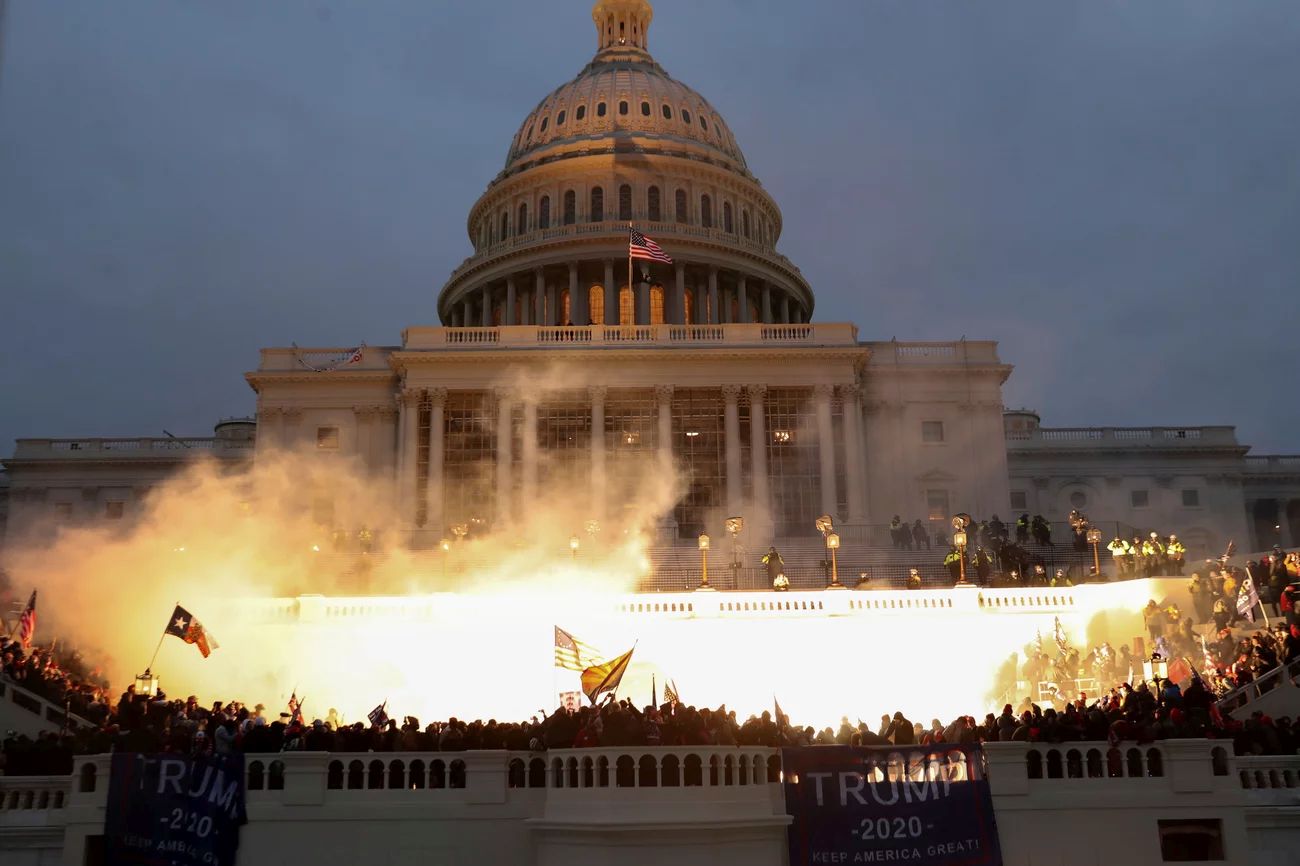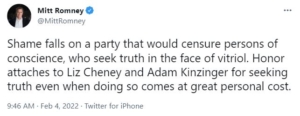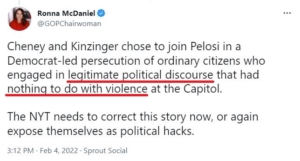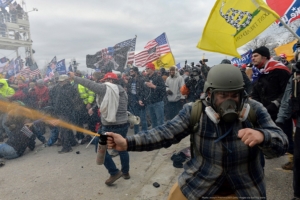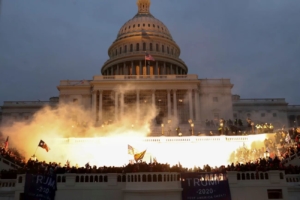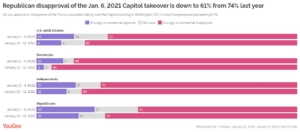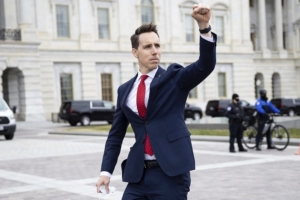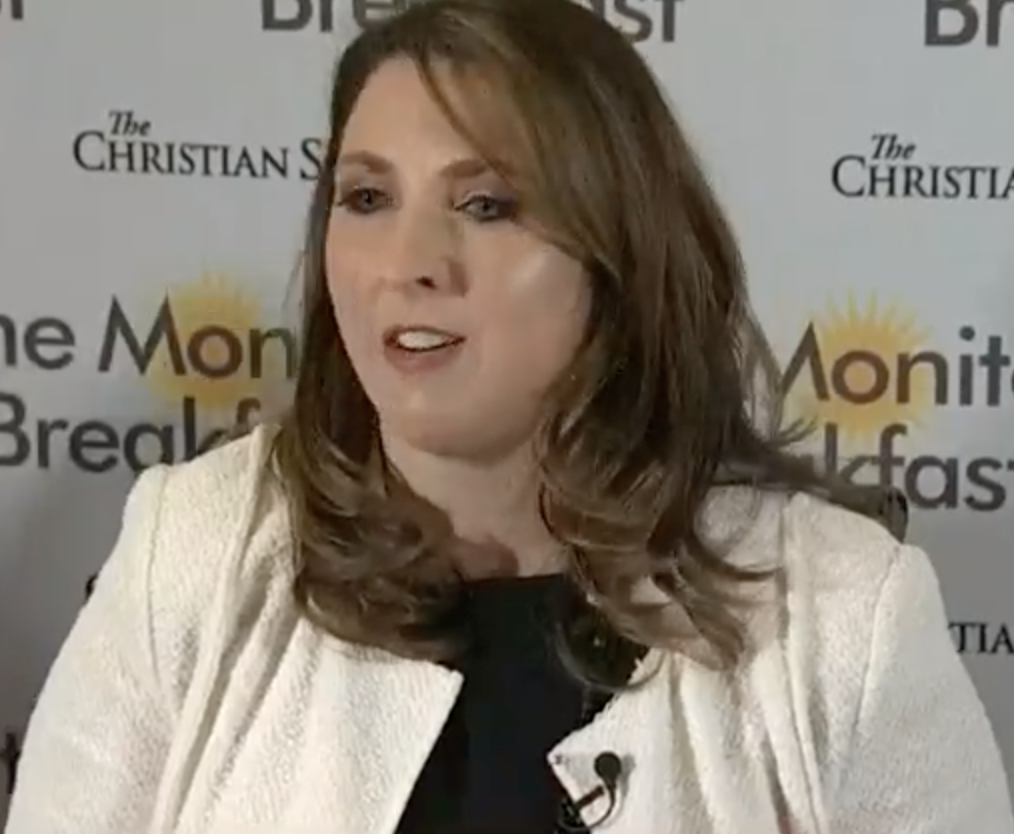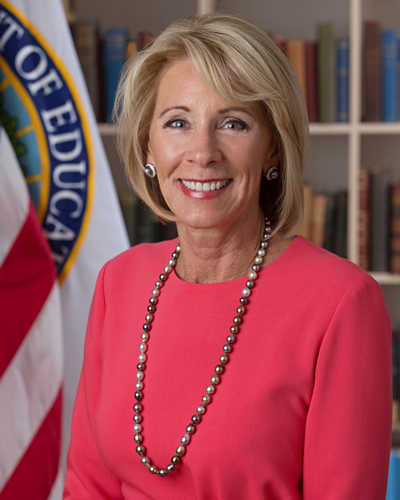Imagine if Woodward and Bernstein Buried the Ties between the Burglars and Nixon in Paragraph 26?
Josh Dawsey continues to offer fawning coverage of the GOP’s decision to censure Liz Cheney.
In spite of the fact that he was the first to report details that allowed me, almost immediately, to understand the significance of Ronna McDaniel’s excuse for backing the censure, he either still hasn’t figured that out or wants to help Republicans bury it. In ¶26 of his latest update on the horserace details about how the censure vote came about, Dawsey confirms that McDaniel was, indeed, responding to the decision by the January 6 Committee to subpoena Kathy Berden.
In her weekend calls, McDaniel told the story of Kathy Berden, a friend of hers from Michigan, who was subpoenaed by the Jan. 6 committee because she agreed to serve as a fake elector for Trump for the election, according to a person who spoke with the chairwoman this weekend.
In an interview with The Post before the resolution passed, McDaniel also told the story of Berden when asked why she was going after the Jan. 6 commission, but declined to name her.
In Dawsey’s telling, Berden once again remains nothing more than a Nice Little Old Lady, a friend of McDaniel. In his telling, she had a passive role, “agree[ing] to serve as a fake elector,” not playing a leadership role in an attempt to invalidate 2.8 million Michigan votes. As Bob Woodward and Carl Bernstein would have immediately recognized, the story here is with whom Berden was agreeing to serve as a fake elector.
But Dawsey doesn’t pursue that question. He doesn’t describe that Berden whipped votes as a paid “volunteer” for McDaniel’s reelection as Chair in 2019 — someone whose political power is closely tied to McDaniel’s own career.
He especially doesn’t explain that actions of Berden and others involved in the fake election scheme are under investigation not just by the Select Committee, but by Michigan authorities and the FBI. (NYT, which also thought the Berden detail was worth burying more than twenty paragraphs deep, at least mentioned that Berden’s actions were “a potential crime” after repeating GOP claims she is “an innocent victim of an overzealous investigation, noting that she is elderly and a widow.”)
And because he ignores that McDaniel was trying to protect a close associate being investigated for her role in attempting to steal an election, and trying to dissociate that attempt to steal an election with the violence at the Capitol, Dawsey doesn’t consider how McDaniel’s efforts may have contributed to what WaPo portrays as the virgin birth of the “legitimate political discourse” language that ended up equating assaulting cops with casting a vote.
The phrase “legitimate political discourse” did not appear in an original draft of the resolution by top Trump ally David Bossie, according to a copy reviewed by The Washington Post. Instead, Bossie’s version said the committee had a disregard for “minority rights” and “due process” and seemed “intent on advancing a political agenda to buoy the Democrat Party’s bleak electoral prospects.”
It is unclear how the words “legitimate political discourse” came to enter the document as it was edited in Salt Lake City by Bossie, McDaniel and others. Bossie did not respond to requests for comment.
Ronna McDaniel told Josh Dawsey that she supported this initiative because her close political associate was being investigated for her role in attempting to steal the election. After McDaniel got involved, the resolution against Cheney affirmatively defended the actions under investigation by the Committee as “legitimate political discourse.”
This isn’t actually all that mysterious. Ronna McDaniel is trying to deny that submitting fake electors is a crime (indeed, the GOP has launched a parallel campaign to liken the attempt to invalidate voters to Hawaii’s vote certification in 1960). And as part of that process, the GOP called all of January 6 — the lies that mobilized thousands of Trump supporters and the violent assault on the Capitol that resulted — “legitimate political discourse.”
McDaniel, like the WaPo, is trying to avoid discussing a suspected crime, one that implicates a significant number of top Republican operatives.
I did a thread the other day of Michiganders whose votes Kathy Berden tried to invalidate, from all over Michigan. They include a ton of voters from Oakland County, which has become increasingly Democratic in recent years. They include voters from Kent County, which is where Trump actually lost the election. But they also include voters from deep red parts in the state who nevertheless made an effort to make sure their vote was cast and counted. The people that Ronna McDaniel and Josh Dawsey are trying to obscure are people who took the time — sometimes a lot of time — to exercise their civic responsibility. Kathy Berden’s actions are not a victimless crime. They are an attempt to invalidate the votes of 2.8 million of her fellow Michiganders (including me and, I presume, Rayne). Those actions are every bit as deplorable as those of the people who beat cops at the Capitol.
It’s time that the horse race press started treating Berden’s actions — and those of Ronna McDaniel to downplay the scheme — as an assault on democracy every bit as much (and closely tied to) the attack on the Capitol building.
Update: h/t JW for the picture.


